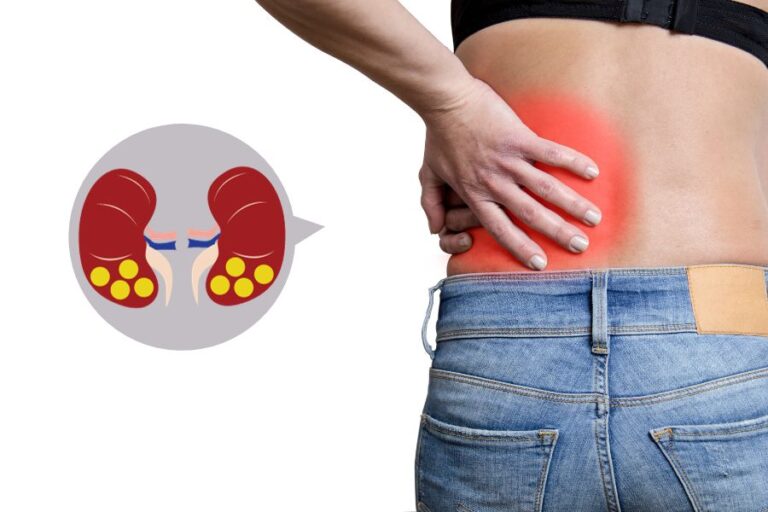- Phone: +91 94800 58379
- Mon-Sun 24/7
- contact.sanyrahospital@gmail.com


Kidney Stone

A kidney stone, medically known as a renal calculus or nephrolithiasis, is a hard and crystalline mineral deposit that forms in the kidneys. These stones develop when certain substances, such as calcium, oxalate, and uric acid, accumulate and crystallize in the urine. The size of kidney stones can vary from tiny sand-like particles to larger, more obstructive formations.They can cause excruciating pain when they move from the kidneys to the urinary tract, leading to symptoms like intense flank pain, blood in urine, nausea, and frequent urination. Risk factors include dehydration, a diet high in certain minerals, family history, and certain medical conditions.
Symptoms of kidney stones typically include intense pain in the back or side (flank pain) that may radiate to the lower abdomen and groin. The pain can be sporadic and severe, often accompanied by nausea and vomiting. Blood in the urine (hematuria) is another common sign. Additionally, individuals may experience frequent urination, a persistent urge to urinate, or painful urination. In some cases, kidney stones can cause urinary tract infections (UTIs) with symptoms like fever and chills. If you suspect you have kidney stones or experience these symptoms, it’s crucial to seek medical attention promptly for proper diagnosis and management.
Calcium oxalate is the most common type, caused by insufficient calcium and fluid intake.
Uric acid, a common form of kidney stone, is caused by high purine intake, leading to increased production of monosodium urate.
Struvite is less common and caused by upper urinary tract infections.
Cystine is rare and often runs in families.
Kidney stones can remain in place for years without causing pain. Pain usually begins when the stone moves out of the kidney, but can form more quickly within a few months. Consult your healthcare provider about risk factors and undergo a 24-hour urine test to monitor stone development.
Seek immediate medical attention if you experience:
Kidney stones treatment is similar for both children and adults. Doctors aim to let the stone pass without surgery and may prescribe medication to reduce acidity in urine. If the stone is too large, blocking urine flow, or causing infection, surgery may be necessary.
Noninvasive procedures like shock-wave lithotripsy and ureteroscopy can help break down the stone, while percutaneous nephrolithotomy/nephrolithotripsy is used for large or complicated stones.
To prevent kidney stones from forming, drink up to 3 liters (5.2 pints) of fluid daily. Drink water, tea, coffee, and lemon juice, avoid fizzy drinks, and avoid excessive salt intake. Keep urine clear to prevent concentrated waste products from forming stones. Dark urine is a sign of diluted urine, while water is the healthiest option. Drink more when hot or exercising to replace lost fluids. Consult a doctor before making any diet changes, as specific food choices may be advised based on the type of stones.

We are happy to assist you! Fill the form we will contact you soon!
Sanyra Hospital is a leading Multi-Speciality Hospital in Kengeri Bangalore and diagnostic centre. With a commitment to providing high-quality healthcare services, it offers a wide range of medical specialties and advanced diagnostic facilities to meet the diverse healthcare needs of the community. We have dedicated urology center & dialysis center.
© 2023, Sanyra Hospital. All Rights Reserved.
WhatsApp us